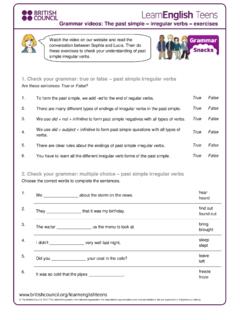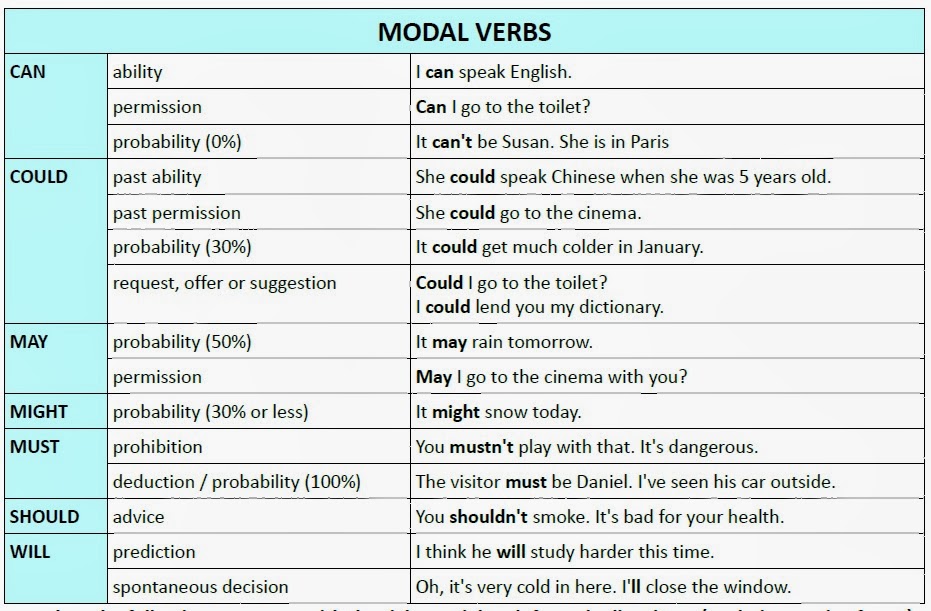

This will help guide the next steps if you are using this exercise to introduce this area.
Give them time and encourage discussion, but monitor closely. When learners have finished completing the sentences, ask them to get up and walk around to check their ideas with the people they have named. If you are working with a new class, make sure they know each other's names. Give out the worksheet and ask learners to complete the worksheet, working in pairs. Ask learners to suggest people and explain their reasons why. 
'Who here do you think might be very sleepy today?' ONLINE ACTIVITIES Zero Conditional First Conditional Second Conditional Third Conditional Mixed Conditionals READING ACTIVITIES 1) Write down all the.
Ask the class the question below (If you have learners who are already famous in the class for a certain characteristic, you can make reference to that instead):. This approach can help demystify an area learners often feel apprehensive about.īefore the class, prepare enough photocopies of the worksheet for each learner to have a copy. modals of deduction exercises british council. Gap Filling Exercise NovemGeneral Grammar Exercise NovemModals Exercise NovemDeterminers Exercise NovemActive And Passive Voice Exercise NovemPrepositions Exercise NovemGerund vs. In this case the learners would do the exercise without you drawing their attention to the forms themselves, then analyse. M011 - Modal Verbs - Past Forms - English Grammar Exercises M011 - Modal Verbs. In addition, the exercise could be used to introduce the various forms and tenses. 'must' would be particularly common in writing, especially in British English, and 'have to' works as well and has the same meaning.There are a variety of forms in both past and present, making it suitable for a class who are revising these structures. We could watch a film if you like, or just go for a drink. Both can be used to make suggestions: What shall we do tonight We can watch a film if you like, or just go for a drink. So in the (B) sentences, both 'must' and 'have to' are possible. As you know, most modal verbs have a number of different uses and can and could are no exceptions. For example, if we are speaking about a new film and I tell you 'You must see it', this doesn't mean you are obliged to see it - it's a way that I can express my opinion - in this case in the form of a strong recommendation. 'you must do something' has a similar meaning, but it used more often in written rules and instructions (particularly in British English - this use is less frequent in American English) and is also used to express your opinion about an action. 'you have to do something' means it is necessary to do it or that you are obliged to do it. Please have a look there and if anything is still not clear after that, you are welcome to ask us again. I believe that all of your questions about the (A) sentences are answered on the Permission and Suggestions and obligations pages in this section. Then, replace the modal verb in the sentences on the right with the correct alternative form in the past tense. But 'My father makes me do my homework' clearly shows that I do my homework. First, in the exercise on the left, choose the correct modal verb in the present tense, in order to construct a text that makes sense. For example, 'I must do my homework' means I need to do my homework, but it doesn't mean that I did it. 
They are also important to help in clarifying the certainty with which you are. You are likely to use these a lot in your academic writing for task 2, particularly if you are writing an essay which needs to give solutions to a problem. Notice that it's not clear whether we actually do the action that is considered necessary (or not necessary) - the rule is that we wear a mask on the bus, but maybe we don't actually do that.Ī sentence with causative 'make' is similar in that it expresses obligation, but it also shows that the action was performed. This IELTS lesson is about modal verbs and how they can be used to improve your writing. 'You must wear a mask on the bus') or that it is necessary not to do something ('mustn't', e.g. You can read a bit more about 'must' and 'mustn't' in the Obligations section of our Suggestions and obligations page, but basically they express the idea that it is necessary to do something ('must', e.g.







 0 kommentar(er)
0 kommentar(er)
